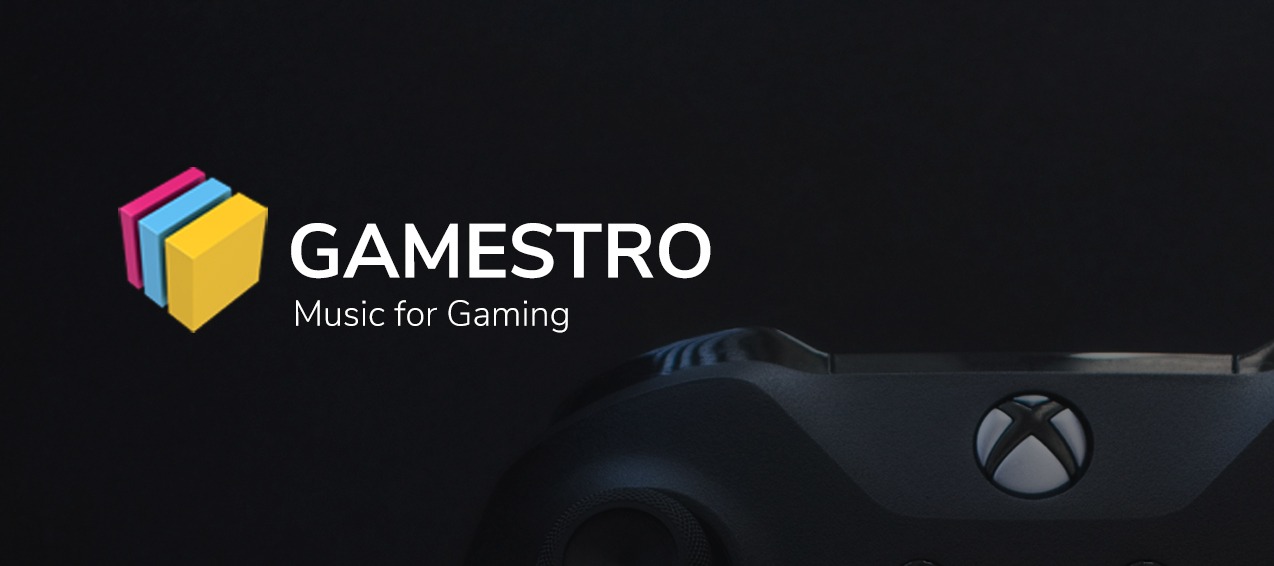Music licensing is archaic
We’ve all heard the horror stories of games being pulled due to a problem with the original music rights holders. Independent studios, without in-house lawyers, are particularly at risk from the overly archaic copyright laws in the music business causing unforeseen negative consequences for their gaming projects. One such example was in 2011 when the Game Pixeljunk Sidescroller was released by Q-Games. It later had to be pulled due to the contract between the music publisher (in this case Sony) and the artist – Alex Paterson – expiring.
No ‘one size fits all’
It’s therefore no wonder that the Gaming industry has a somewhat ‘bespoke’ attitude towards music. From speaking to a large number of Developers at the Develop conference in Brighton this year, we got the distinct impression that there simply isn’t a dedicated one-stop-shop solution for music that is dedicated to Game Developers.
Instead we noticed a broad spectrum of approaches. One is where a composer is engaged; at varying cost depending on leveraging personal networks or not. Quite often somebody directly connected with the development team either knows how to produce music using a DAW (Digital Audio Workstation) or knows somebody who knows.
However, when it comes to furnishing the team with the final music assets, there is usually another choice to be made, depending on the development environment; namely whether to use middleware, such as Wwise or Fmod, or not. If you’ve built your own bespoke engine then the chances are that plugging in a third party middleware solution isn’t the right fit. If on the other hand you’re developing with Unity or Unreal, then you may feel that those engines in themselves can handle the audio workflow you’d like because you already know the coding required to manipulate audio directly in that environment.
The Pro’s and Con’s of Middleware
The benefits from using Fmod and Wwise are clearly that they are able to deliver unprecedented control over any musical assets, thereby allowing the team to create truly immersive and adaptive sound experiences for their players.
The draw backs are that these solutions do cost money; in some cases several thousand dollars if your game is a success. In addition, somebody in the team needs to understand how these solutions work and how best to brief a composer in order to guarantee the assets in such as way as to be most useful.
The last issue with Middleware is the issue of ‘indexed’ licensing; in other words different prices depending on volume, platform or number of units shipped. This is something that indie teams often find themselves butting up against and can be a real turn off. To be fair, there are entry-level solutions for Indie Developers, but these comes at the sacrifice of full feature sets.
Enter the Music Library
The Film and Television industry used to use composers for their music exclusively until the music library (aka production music / stock music) came along and changed all that. With a seemingly inexhaustible collection of music available ‘off the shelf’, it was now possible to produce content quickly and cheaply. No wonder that Game Developers started to look in this direction when choosing music for their games.
However, licensing is still often unclear in regards to Gaming, and the music is far from suitable at times as looping elements aren’t often catered for, or if so then just as an after thought. What’s more, the pricing and music on offer doesn’t take into account the long lead times on Game projects, nor the need to find music that’s compatible from a Gaming genre point of view.
A new methodology
One way we think this industry may change is if music assets are presented in a more Game- centric manner, particularly in respect to allowing the music to be used both within the engines themselves as well as middleware. Offering loops and stems would be a logical way to empower Game Developers to use music in the way that they find most helpful in their work-flow, without having to chop and change pre-existing library music.
At Gamestro we’re teaming up with truly high-end composers who have written for some of the best-known and loved AAA Gaming franchises, to deliver ground-breaking content that can increase the quality of your adaptive Soundtrack beyond anything you’ve been able to obtain without using a composer.
We are open to suggestions and direction in terms of what content we develop and what tools we iterate on to make this the best it can be. We’d like to start a conversation with Game Developers of all kinds to understand how we can help!
Sebastian Jaeger/ Gamestro Bio
Sebastian Jaeger is a composer and the founder of Gamestro, a platform providing dedicated music for Game Developers. Based in Silicon Beach (Brighton UK) he has been working on a new- adaptive – music format since the launch of Gamestro’s parent company, Filmstro, in 2015.
Author: Sebastian Jaeger, Founder at Gamestro
Any views or opinions represented in this blog are personal, belong solely to the blog owner and do not represent those of Plus Accounting. All content provided on this blog is for informational purposes only. The owner of this blog makes no representations as to the accuracy or completeness of any information on this site or found by following any link on this site.



